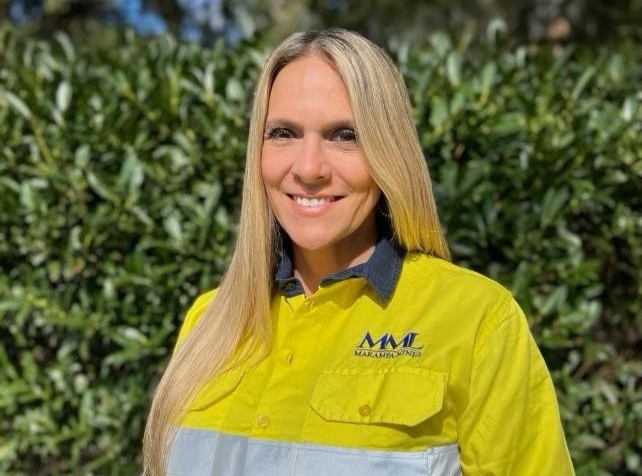Daniele La Porta is the Global Head of Sustainability and ESG at Gerald Group
For over 6 decades, commodities trading house Gerald Group has sourced and supplied metals to industrial customers. The Group’s responsible sourcing framework is aligned with OECD Due Diligence Guidance for Mineral Supply Chains, as well as other industry standards to build maximum traceability such as the Responsible Minerals Initiative, the Aluminium Stewardship Initiative and the International Tin Supply Chain Initiative.
Pursuing higher traceability standards helps create competitive advantage in the marketplace, as downstream materials users increasingly demand proof of responsible production. For example, in 2023, the Global Battery Alliance launched the world’s first electric vehicle (EV) ‘Battery Passport’ proof of concept aiming to set a global sustainability standard for EV batteries, including traceability and circularity – a major milestone for battery minerals such as cobalt, manganese and lithium.
Gerald Group’s ESG Due Diligence and Clearance Protocol ensures supply chain transparency and integrity are embedded across its trading activities, allowing the company to better identify and manage risks. The Group screens 100% of new and renewing accounts as part of the KYC process and collects data on each counterparty’s responsible sourcing practices to confirm alignment with the OECD Guidance. The Clearance Protocol calls for the identification of the individual mines supplying smelters which enables Gerald Group to assess risks across value chains, rather than fragments of them. Traceability in trade flows is especially critical for managing value chains originating from conflict-affected and high-risk areas (CAHRA) in aspects such as human rights. Only once ESG screening is complete and the entity in question is cleared can the business proceed.
Effective traceability depends on all actors, upstream and downstream, to maintain thorough systems and communicate data to counterparties as needed. Application of technologies such as blockchain, combined with multi-stakeholder initiatives, is enabling better understanding of the end-to-end movement of trade flows for greater transparency and accountability. Collaboration between industry players is also vital for the success of this process. As global mining and metals trading activities grow, best sustainability practices are pivotal to maintaining healthy economies and societies.
Greater traceability will also help the low-carbon metals market to mature. Possessing an end-to-end view of the value chain will support more granular carbon accounting to certify genuine low-carbon materials. Ultimately, enhanced traceability will incentivise the mining and metals industry to greatly reduce carbon emissions and uphold higher ESG standards along the whole value chain – a win-win for all.
